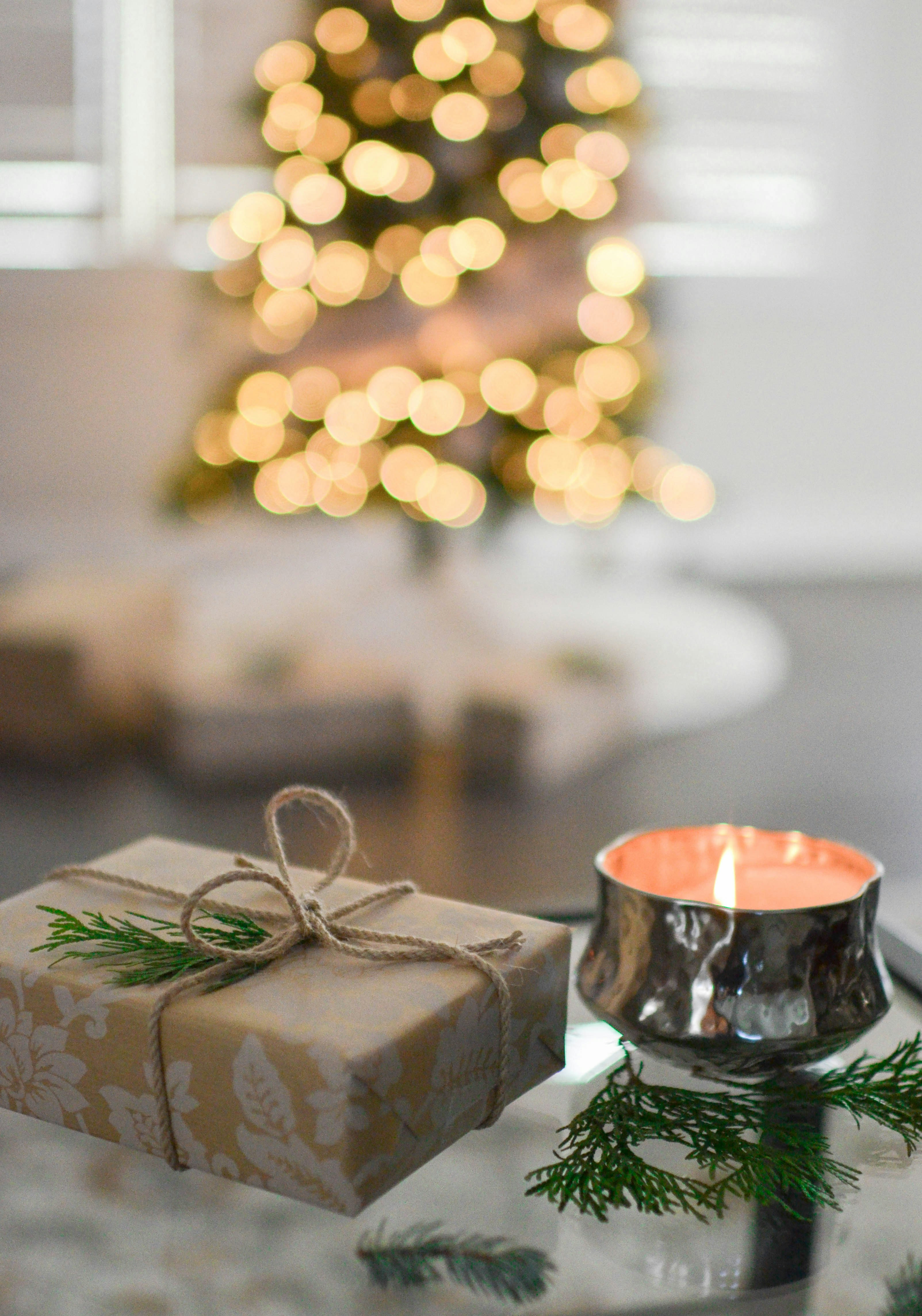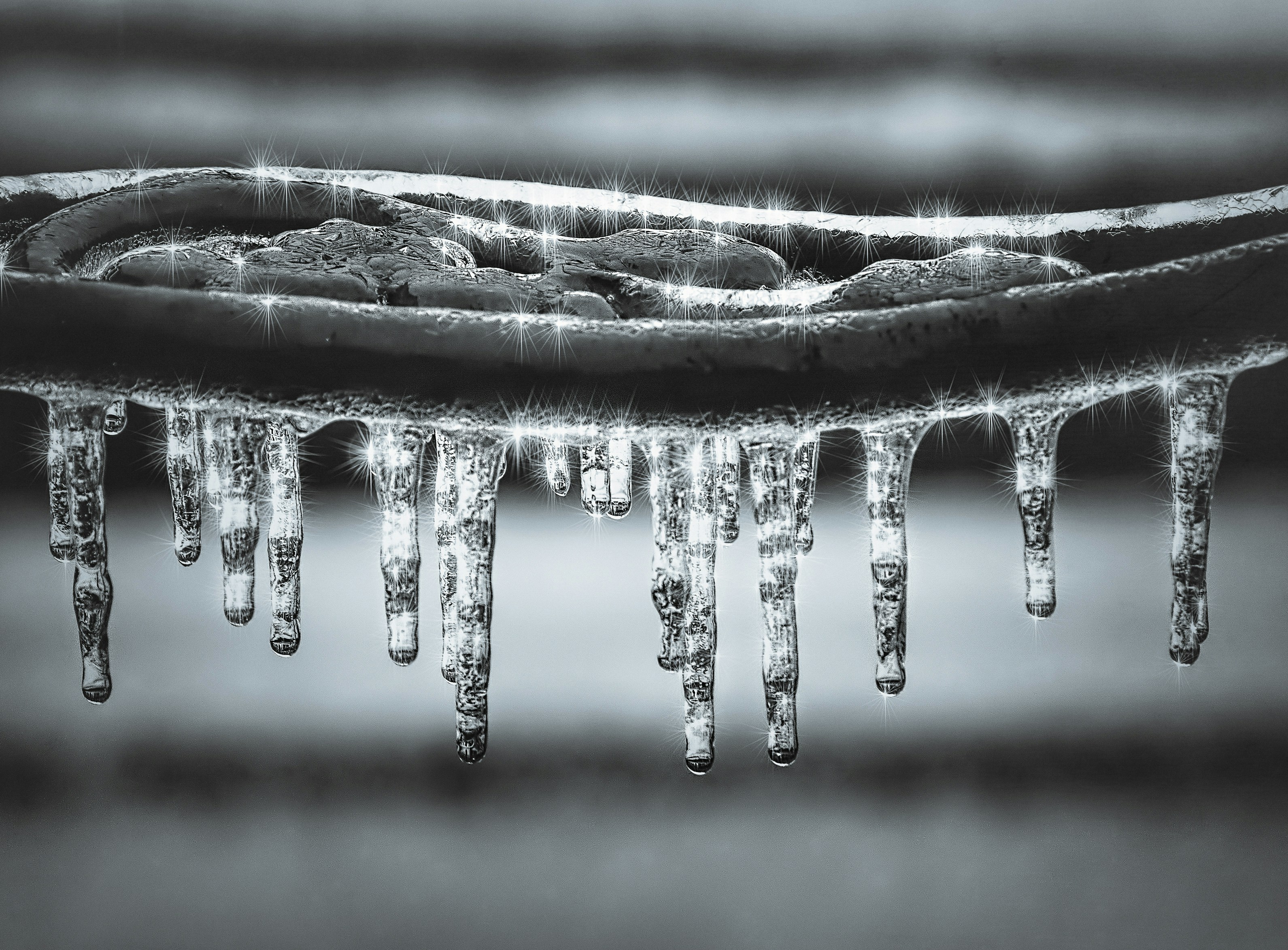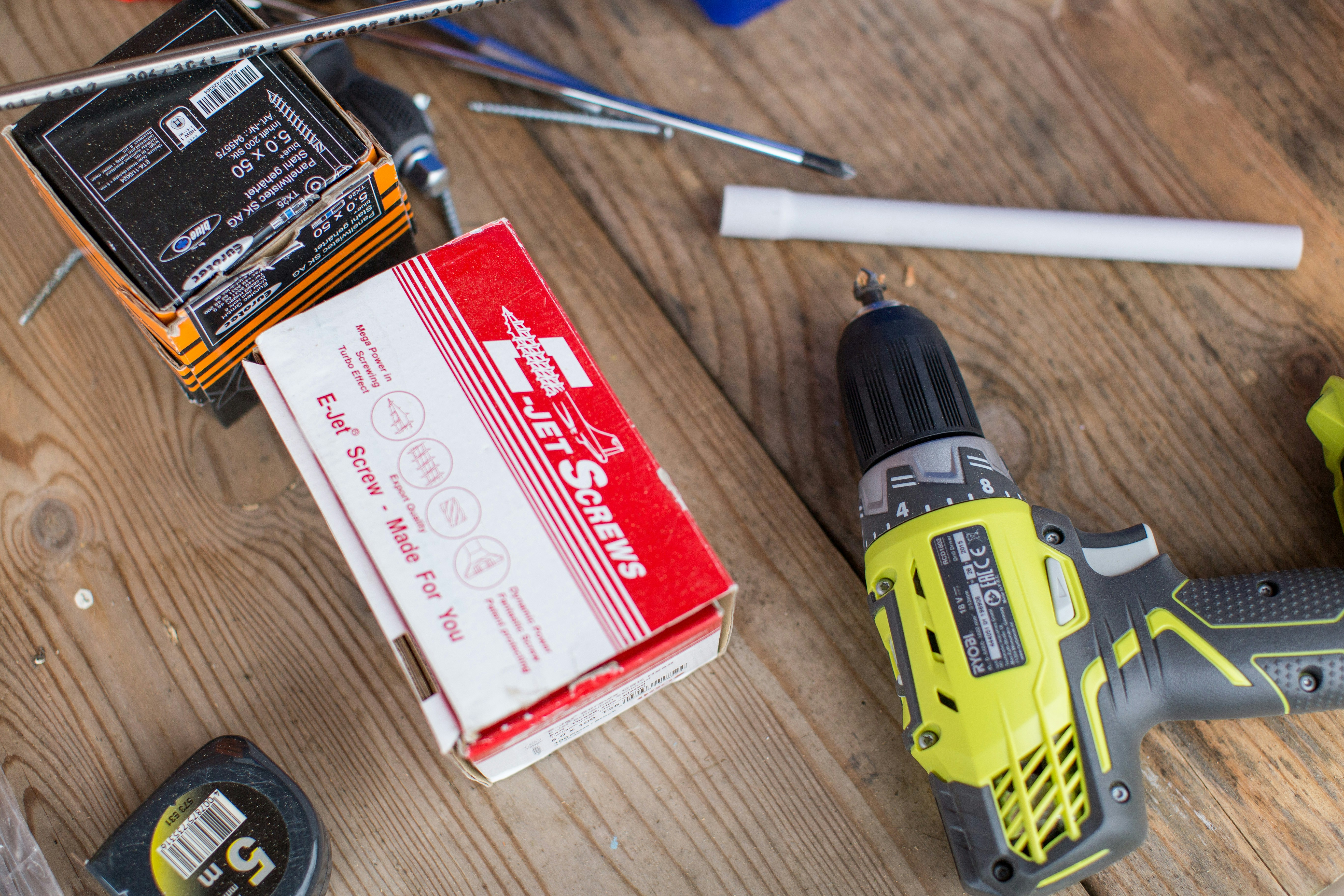Winter Holiday Safety Tips
12 Days of Holiday Fire Safety
More home fires happen on December 25 than any other single day except Thanksgiving. Fire officials are urging people to make fire safety part of the celebrations this holiday season. Start by making sure you have working smoke and carbon monoxide alarms. Have a home escape plan and share it with guests. Fires are always terrible but they seem worse during the festive holiday season.
Cooking is the leading cause, followed by heating. Many of the holidays celebrated at this time of year use candles. Candle fires peak in December and Christmas Eve, Christmas Day and New Year’s Eve are among the days when the most candle fires occur. So follow the safety tips below for a happy and safe holiday season.
WATER CHRISTMAS TREES DAILY
Water fresh trees daily. Place trees away from heaters, fireplaces and candles, and keep pathways to exits clear. More tips.
TURN OFF LIGHTS
Consider switching to new LED lights that are cooler and use less electricity. Turn off lights when you leave the house or go to bed.
BLOW OUT CANDLES
Always blow out candles before leaving the room or going to sleep. Burn candles inside a one-foot circle of safety, free of anything that can catch fire.
STAND BY YOUR PAN; PUT A LID ON IT
Cooking is the #1 cause of fires during the holidays, and most commonly occur when cooking is left unattended. So Stand by Your Pan and always stay in the kitchen when cooking. Take a timer with you when baking. If a pan catches fire, Put a Lid On It to smother the flames and then turn off the heat.
Keep space heaters at least 3 feet away from anything that can burn like curtains, upholstery, or holiday decorations. Keep warm, keep safe this winter.
KEEP MATCHES AND LIGHTERS OUT OF SIGHT AND REACH OF CHILDREN
Children may imitate adults lighting candles and using matches and lighters. Keep them out of reach of children and preferably on your person.
KNOW HOW TO GET OUT
Develop and practice a home fire escape plan with 2 ways out and a meeting place outdoors. In a fire, get out and stay out of the house and call 911 from a cell phone or neighbor’s house.
HAVE WORKING SMOKE ALARMS
You need working smoke alarms on every level of your home and outside all sleeping areas. Replace smoke alarms if they are over 10 years old.
HAVE WORKING CARBON MONOXIDE ALARMS
Carbon monoxide is an invisible, odorless gas that can quickly kill you. Replace any carbon monoxide alarms over seven years old.
USE EXTENSION CORDS WISELY
Extension cords should only be used as a temporary connection. Don’t overload them and match the cord to the appliance. Never put cords under rugs as this can damage the cord and cause a fire. More electrical fire safety tips.
SMOKE OUTSIDE
Encourage smokers to do so outside, and provide them with a proper ashtray such as a can with sand in it. Many fires are started by the improper disposal of smoking materials both indoors and out.
DRINK RESPONSIBLY
Keep a close eye on anyone cooking or smoking while under the influence of alcohol. Alcohol is often a factor in fatal fires.
















 12 Days of Holiday Fire Safety
12 Days of Holiday Fire Safety